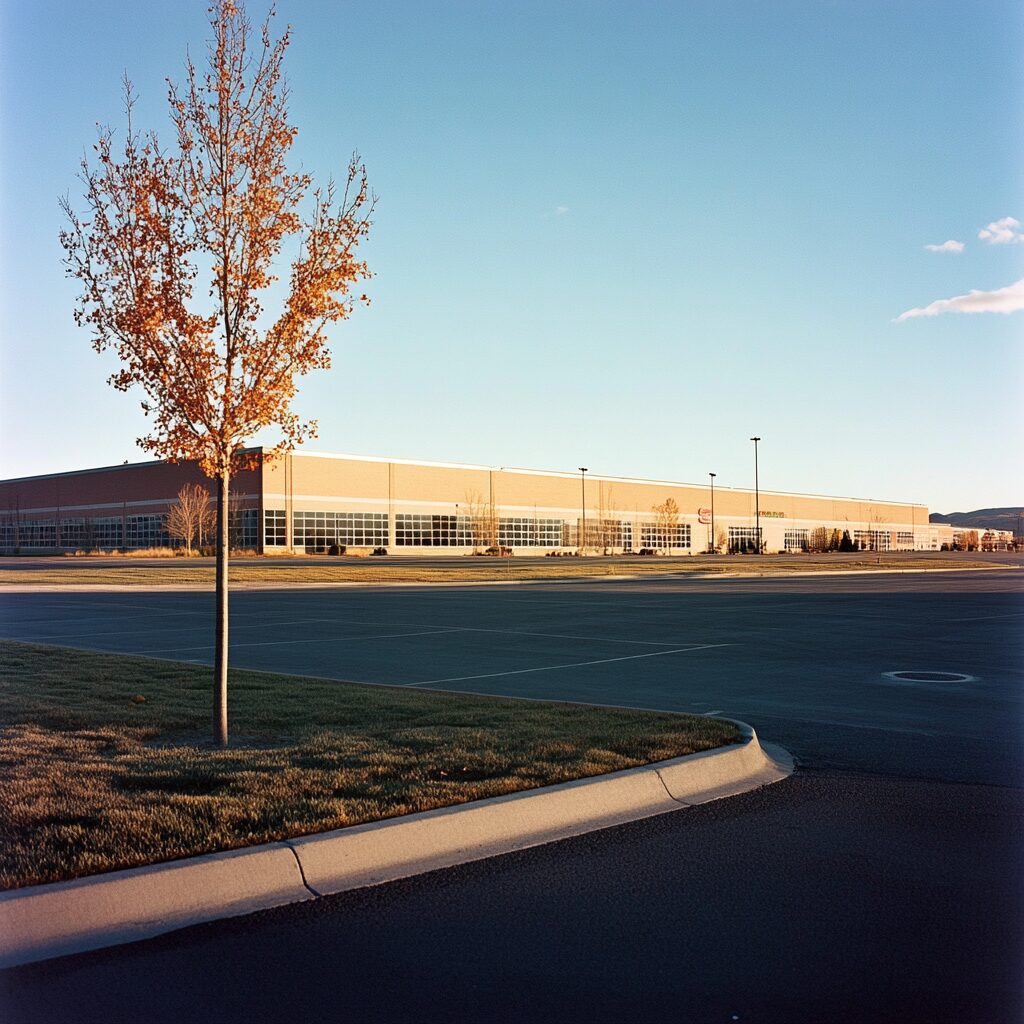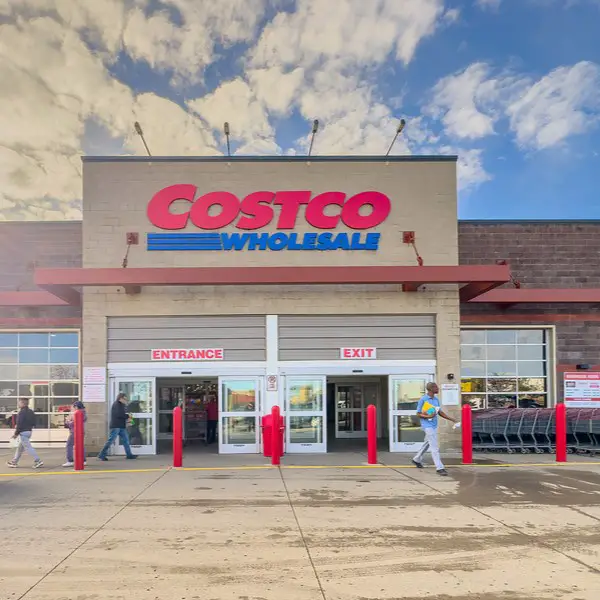When you’re a retail giant with over 800 locations worldwide, mistakes are bound to happen. But some decisions at Costco have been so monumentally misguided that they’ve left both customers and employees scratching their heads. From controversial store placements to viral incidents that sparked national attention, these cases demonstrate how even the most successful companies can make jaw-dropping missteps.
Putting a warehouse next to a high school

In a decision that sparked significant community backlash, San Jose approved a new Costco location less than 1,000 feet from Prospect High School. The warehouse’s placement raised serious safety concerns for students, with increased traffic and potential risks during peak school hours.
Despite vocal opposition from the school’s PTSA and local residents, management pushed forward with the project. While Costco offered $2.5 million for pedestrian and bike safety improvements, many argue this Band-Aid solution doesn’t address the fundamental problem of placing a high-volume retail operation next to an educational facility.
The company’s tone-deaf response to community concerns has created lasting tension, potentially damaging their reputation in the area. This situation perfectly illustrates how prioritizing expansion over community welfare can backfire dramatically.
Mishandling mask policy enforcement during pandemic
The implementation of Costco’s mask policy led to several viral incidents that could have been prevented with better staff training and security protocols. In one notorious case, a confrontation in Fort Myers escalated into a shouting match that was captured on video and viewed by millions.
While the company’s mask requirement was necessary, the lack of clear enforcement guidelines left frontline workers vulnerable to confrontations. Management’s failure to establish proper protocols for handling non-compliant customers created unnecessary stress for employees and unsafe situations for shoppers.
These incidents highlighted a significant gap in crisis management training and emergency response procedures, exposing both staff and customers to potentially dangerous situations.
Abandoning south Fresno community

The decision to relocate from Shaw Avenue left the majority of Fresno residents without convenient access to a Costco location. This move disproportionately affected lower-income communities and highlighted a troubling pattern of retail abandonment in south Fresno.
The relocation strategy failed to consider the impact on loyal customers who had supported the store for years. Management’s oversight in not establishing a replacement location in the area showed a surprising disconnect from their core customer base.
This short-sighted decision not only affected customer access but also contributed to the broader economic challenges facing south Fresno, including reduced job opportunities and declining commercial activity.
Poor employee conduct management
A significant management failure came to light when an employee with a history of misconduct was allowed to continue working directly with customers. The situation eventually culminated in a public confrontation where the employee used profanity toward a customer in front of children.
The incident revealed serious gaps in employee monitoring and intervention procedures. Management’s failure to address behavioral issues earlier created an unnecessary risk to customer relationships and brand reputation.
The subsequent legal battle and negative publicity could have been avoided with proper supervision and timely disciplinary action. This case demonstrated the importance of maintaining consistent professional standards.
Slow adaptation to online shopping trends

Costco’s reluctance to fully embrace e-commerce left them playing catch-up as consumer shopping habits evolved. The company’s rigid attachment to their traditional warehouse model delayed necessary investments in digital infrastructure.
While competitors rapidly expanded their online presence, Costco’s conservative approach to digital transformation limited their ability to serve customers who preferred shopping from home. This hesitation particularly affected their market position during periods of restricted movement.
The company’s delayed response to changing consumer preferences demonstrated a concerning resistance to innovation that could have long-term implications for their market position.
These significant missteps highlight the importance of balanced decision-making in retail management. While Costco remains a successful company overall, these examples serve as valuable lessons in the need for careful consideration of community impact, employee training, and market adaptation. Moving forward, the challenge for Costco will be maintaining their core business model while better anticipating and responding to changing consumer needs and community concerns.

